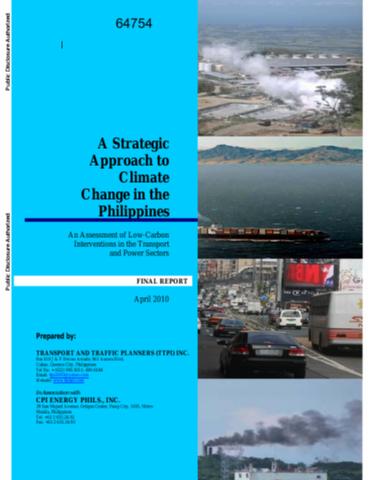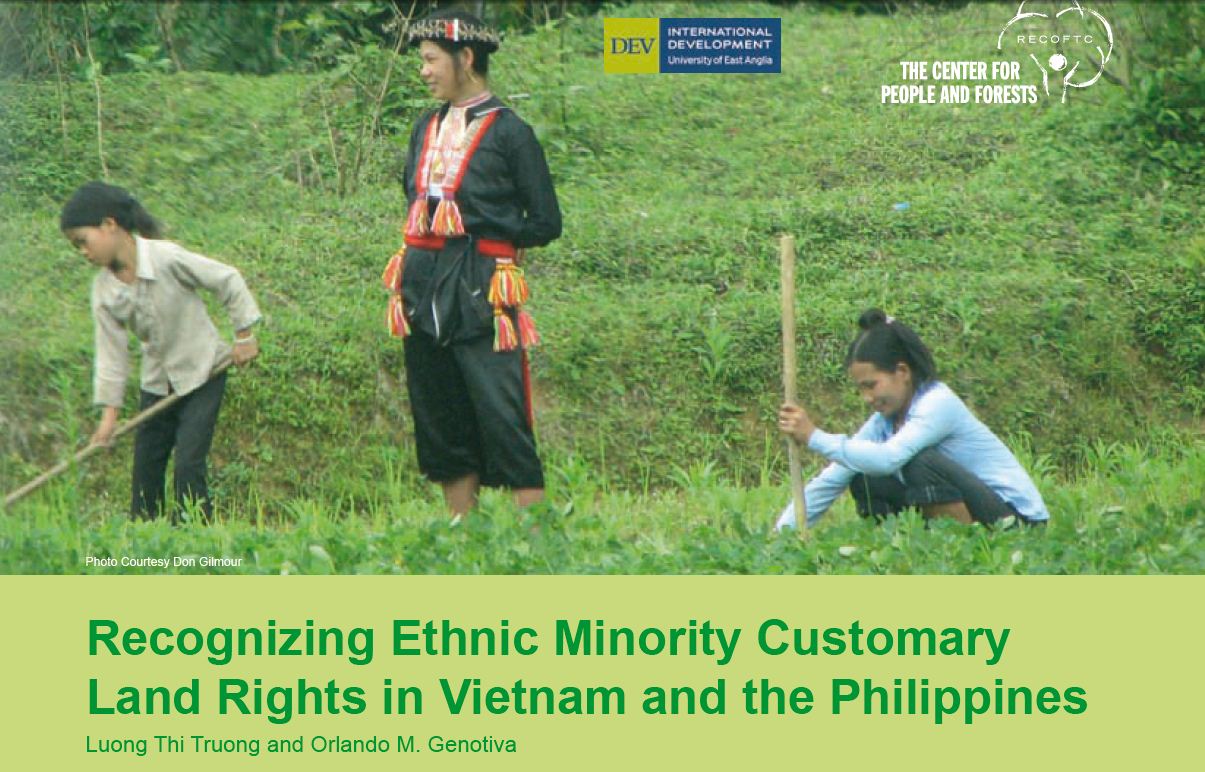With the continual rise of global commodity prices and increasing population pressures worldwide, the future of agriculture is looking increasingly unstable. As a result of this escalating demand and intensification of unsustainable agricultural techniques, natural resources are facing an…
The National Medium-Term Priority Framework (NMTPF) 2011-2015 builds on the experience acquired with NMTPF 20006-2010, which dealt with FAO assistance in a comprehensive way. Its overall goal is to pursue the development of sustainable agriculture, fisheries and forestry as a contribution to the…
This paper examines some of the key technical, institutional, policy and financial responses required to achieve climate-smart agriculture which sustainably increases productivity, resilience (adaptation), reduces/removes Greenhouse Gases (mitigation), and enhances achievement of national food…
The impacts of natural disasters such as hurricanes, floods, earthquakes and tsunamis have been increasing steadily since the 1950’s, particularly for developing countries. According to a World Bank external evaluation report “natural disasters destroyed US$652 billion in property worldwide in…
Throughout its history, Mozambique has had to deal with cyclones and floods, and when these are severe they have a devastating impact. Apart from the immediate threat to human life, such natural disasters seriously impede economic growth. There is no doubt that the Limpopo valley floods in 2000…
Boom-and-bust cycles are commonplace in the exploitation history of sea cucumber fisheries but pandemic overfishing to critical levels now threatens the persistence of breeding stocks for future generations of coastal fishers. Resource managers must embrace an ecosystem approach to fisheries, in…
Increasing women’s access to land is crucial to fight hunger and poverty. However, gender disparities in land access remain significant in most countries, regardless of their level of development. A new FAO database helps to understand the factors that prevent women from accessing land; and to…
Globally, the Philippines is a minor emitter of greenhouse gases (GHGs), but cost-effective mitigation present opportunities that should be captured, noting that the country is one of the signatory member states to the 1992 United Nations Framework Convention on Climate Change (UNFCCC) and its…
Globally, the Philippines is a minor emitter of greenhouse gases (GHGs), but cost-effective mitigation present opportunities that should be captured, noting that the country is one of the signatory member states to the 1992 United Nations Framework Convention on Climate Change (UNFCCC) and its…
Most ethnic minorities in Vietnam such as the Vietnamese-Thai, Tay, Nung, Hmong, Muong and Dao have a special relationship with the land, elements and other living creatures. This relationship goes beyond mere economic interests to cultural and spiritual connections to the places they have…
Land degradation in the Philippines is a serious environmental problem with long-term implications for the sustainability of agricultural production. Protection of the resource base has thus become a policy priority, whether in terms of improving crop management in the lowlands or more urgently…
This paper examines the cost of implementing redistributive land reform in the Philippines. Land redistribution has become the core feature of land reform in the country since 1972 with the approval of PD 27. The coverage of the program was expanded to all agricultural lands under RA 6657 or…




